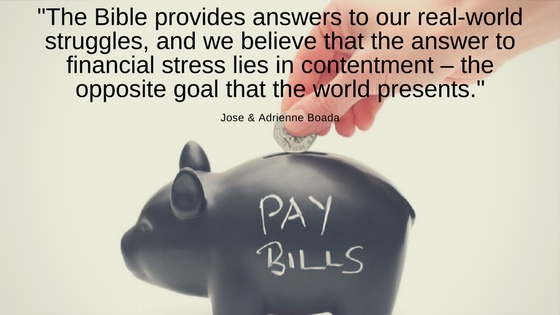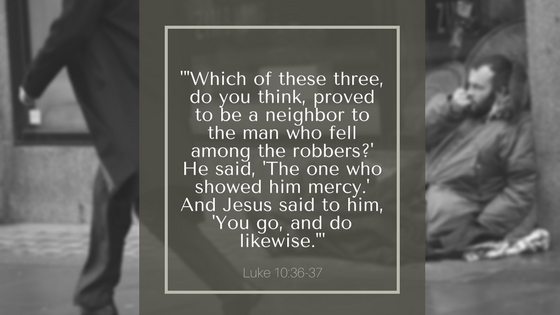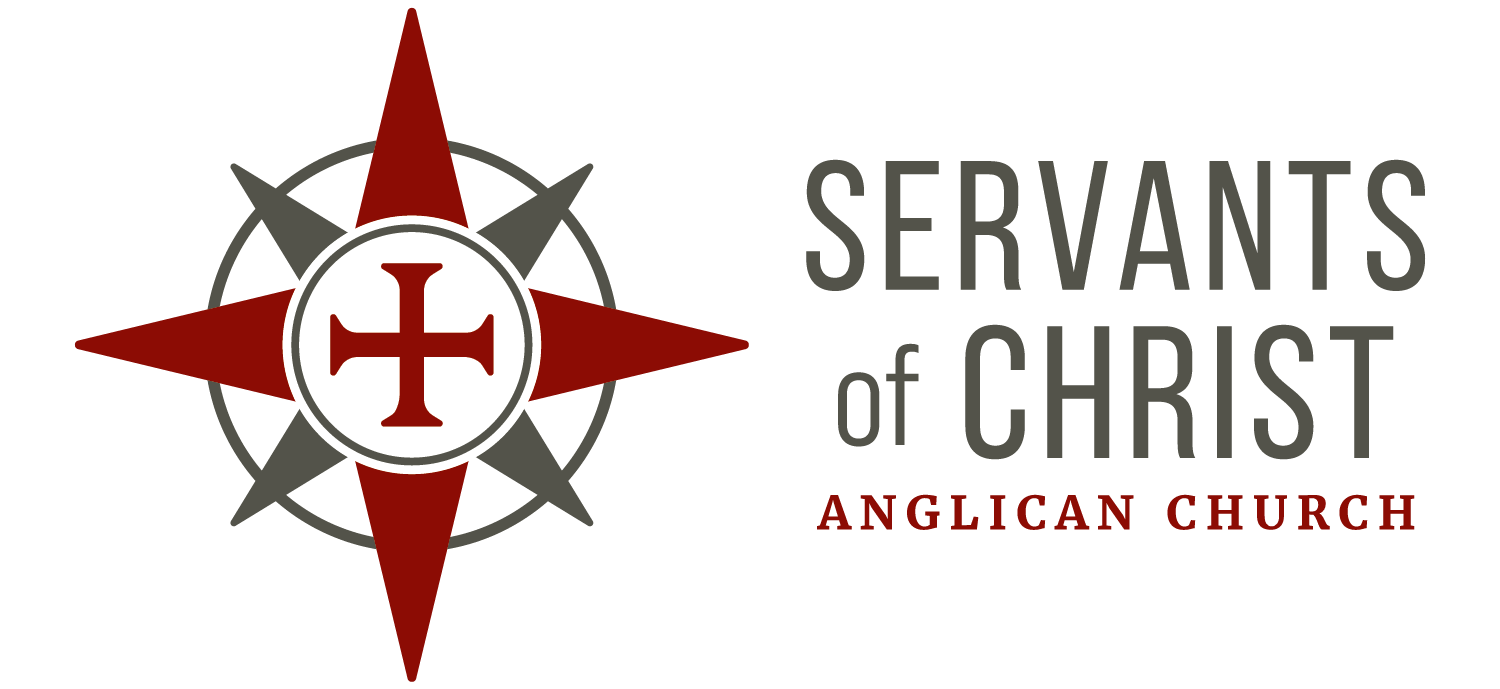“…whoever believes in me will also do the works that I do; and greater works than these will (they) do…” John 14:12
I have always wrestled over this; the idea that God’s people are supposed to be miraculously healing the sick, driving out evil spirits, multiplying loaves and fishes. The Church is not known for doing those things. That has always frustrated me. But while recently fostering a little girl named Toby (who has since moved to a more permanent foster home), the meaning of these words was suddenly transformed from the expectation of a numinous miracle into the expectation of commonplace natural work. And in the same moment it dawned on me that the Gospel, while prescribing some guidelines for our lives, says little to prescribe the boundaries we should set around our households.
Toby is a sweet, gentle, curious six year old who is non-verbal and has autism spectrum disorder. She is wonderful. She loves being perched up high, and given the opportunity, she would climb on top of the chicken coop, the dresser in her room, or even the outside garbage can. These high places made her still and content. When she was in the house, she required constant supervision. And we learned the hard way that she must have clothes that separate her hands from her own dirty pull-up. (My wife is a saint, by the way).
Toby is wonderful. I love her. I wept over her difficult six years. In the three weeks she was with us, I came to have a deep love and homesickness for her that I have only felt toward my biological children. While Toby is gentle and curious, her care was incredibly difficult and challenging. She truly required constant hands-on supervision during waking hours. Our four biological children noticed the obvious diversion of our attention. She stretched us in ways that reminded me of having a newborn. Well, a four foot tall newborn that could reach the knives and played with her poop.
I have considered myself a Christian for most of my life, and sometime near the end of high school finally came face to face with Jesus, and “surrendered my life to Him.” Wrapped up in this was a recognition of and atonement for my immorality as well as a relationship with the One who made me, and also a desire to obey Jesus, which meant flight from sin, right? But that’s all incomplete. I have lived out the Gospel to date insofar as it has been reasonably convenient. It is reasonably convenient to pursue chastity because it blesses my marriage and children. It is reasonably convenient to love my neighbors because I gain their respect. You get the idea, right? But fostering is not reasonably convenient. It is a step of obedience that is unreasonably inconvenient. It often doesn’t feel right. Its victories seem momentary and even futile compared to the challenges looming behind them.
God’s entering humanity at Christmas was a helpful reminder to me that the escapism of my early faith was naïve and incomplete. I had pictured Jesus as a heavenly, bearded Caucasian man repelling out of a helicopter and carrying me back up to safety. And He did do that (minus the strong Caucasian and helicopter parts), but that is not all He does. He tells us that we will do “even greater works than these.” And those greater works are really, really hard. And they are overwhelming, and dirty, and untimely, and inconvenient, and costly, and almost never align with our weekend plans. I absolutely fumbled with and struggled through fostering that beautiful child. I wanted to quit every day. But while she was in our home we took things day by day. Ministry is hard. Some ministry is really, really hard. But that doesn’t necessarily mean we are not called to it. Indeed, the disciples left their nets (economy), their families (culture, identity, and security), their comfort (friends, traditions, beds, etc.).
Lastly I want to make it a point to mention that we do not do ministry in order to please God, or in order to fulfill all righteousness, or atone for our sinfulness. Jesus already does those things on our behalf. We do ministry, whether it comes easily, naturally, awkwardly, or brutally, as a response to Jesus and a pursuit of His face. It is and will be hard. But doing difficult things alongside Jesus, in obedience to Him, day after day, one step at a time, is the means of doing greater works in the Christian life.
Ethan Stonerook
Ethan is a husband, a father of four biological children (as he mentioned above), and a foster father. He and his wife became foster parents in September 2017. Ethan works in oncology, is involved with Young Life, is our Senior Warden and serves as a lay reader on occasion.











